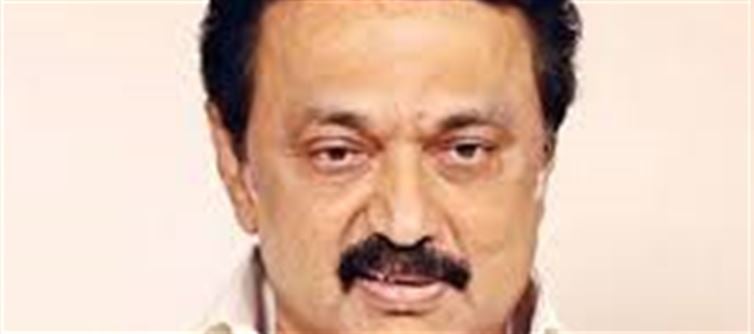
Tamil Nadu chief minister M.K. Stalin reaffirmed that the core vision of the Dravidian Model government is to ensure inclusive growth and equal opportunity for every citizen, regardless of caste, creed, or background.
Speaking at a recent public event, he outlined how the “Everything for Everyone” approach continues to shape tamil Nadu’s welfare policies and governance style.
Here’s a breakdown of his key points 👇
**1. “No One Left Behind” — The Spirit of the Dravidian Model
Stalin said that the Dravidian governance philosophy is rooted in the idea that every person deserves dignity and opportunity.
“The Dravidian Model is not just about growth — it’s about shared growth. It ensures that every section of society benefits from development,” he declared.
**2. Equality Is the Foundation, Not an Option
The chief minister emphasized that social justice, equality, and inclusivity are not mere slogans but governing principles.
He said tamil Nadu’s welfare model focuses on uplifting the marginalized, empowering women, and creating equitable access to education and healthcare.
**3. education for All, Opportunity for All
Stalin highlighted the DMK government’s education-focused welfare initiatives, such as:
· Breakfast Scheme for school children
· Illam Thedi Kalvi (Education at Your Doorstep)
· Free bus travel for female students
These, he said, embody the Dravidian belief that education is the key to liberation.
**4. women at the heart of Progress
Reaffirming his government’s commitment to women’s empowerment, stalin pointed to the success of the Kalaignar Magalir Urimai Thittam, which provides monthly financial aid to women heads of families.
“When women are strong, families are strong. When families are strong, tamil Nadu is strong,” he said.
**5. Welfare That Works for the People
The cm noted that tamil Nadu’s Dravidian Model of development is internationally recognized for its balance of growth and welfare.
From medical insurance to free bus passes and housing schemes, stalin said every program is designed to uplift the people, not burden them with bureaucracy.
**6. Beyond politics — A Governance Philosophy
Stalin clarified that the Dravidian Model isn’t confined to party politics; it is a governance philosophy built on rationalism, social justice, and compassion.
“We govern for the people, not for power,” he said, asserting that the DMK government’s duty is to serve every citizen, regardless of who voted for them.
**7. “Tamil Nadu Leads, india Follows”
Highlighting tamil Nadu’s achievements in literacy, healthcare, employment, and equality, stalin said the state has become a model for inclusive governance in India.
He added that the Dravidian Model could serve as a blueprint for national development, if replicated across states.
**8. A Model Built on Human Values, Not Headlines
Unlike purely economic models focused on GDP, stalin said the Dravidian approach is people-centric, measuring success by human development, social justice, and happiness.
“Our success is not in numbers, but in the smiles of our people,” he said proudly.
**9. youth and Innovation: The Future of the Dravidian Dream
Stalin urged young people to see themselves as partners in progress, not just beneficiaries.
The government’s initiatives in startups, skill training, and wallet PLATFORM' target='_blank' title='digital-Latest Updates, Photos, Videos are a click away, CLICK NOW'>digital innovation aim to give the next generation the tools to carry forward the Dravidian legacy.
**10. “Everything for Everyone” — The Vision Continues
Concluding his speech, stalin said that the Dravidian Model Government will continue to ensure that no section of society is ignored or left behind.
“Our goal is simple — everything for everyone. That’s the tamil Nadu way, and that’s the Dravidian way.”
Bottom Line
Chief minister M.K. Stalin’s message is clear: the Dravidian Model is not just a political tagline — it’s a comprehensive, inclusive philosophy of governance that places people above profit and justice above privilege.
As tamil Nadu continues to top national indices in welfare and equality, Stalin’s “Everything for Everyone” vision stands as a powerful reminder of what inclusive governance truly means.
Disclaimer:
The views and opinions expressed in this article are those of the author and do not necessarily reflect the official policy or position of any agency, organization, employer, or company. All information provided is for general informational purposes only. While every effort has been made to ensure accuracy, we make no representations or warranties of any kind, express or implied, about the completeness, reliability, or suitability of the information contained herein. Readers are advised to verify facts and seek professional advice where necessary. Any reliance placed on such information is strictly at the reader’s own risk..jpg)




 click and follow Indiaherald WhatsApp channel
click and follow Indiaherald WhatsApp channel